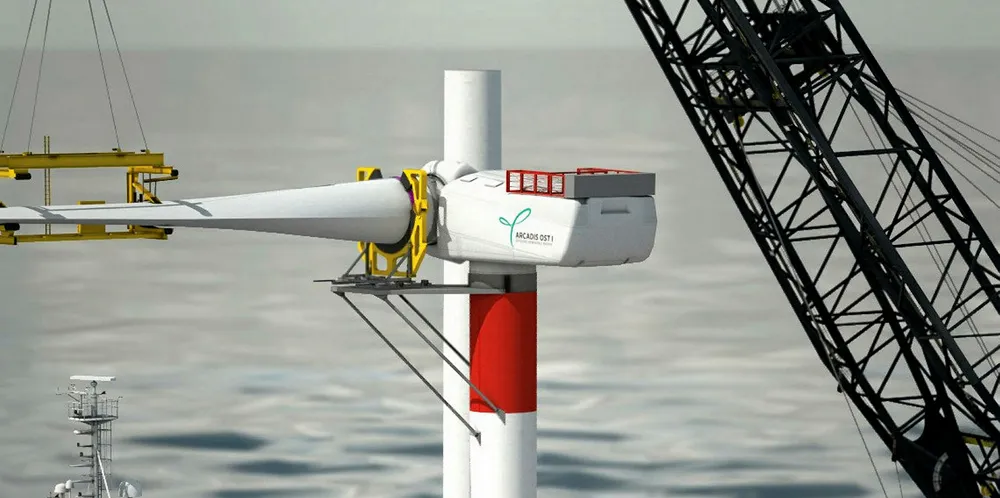Floating wind installation vessel to debut at Baltic's Arcadis Ost 1
Parkwind in offshore construction breakthrough as MHI Vestas tapped for turbines at 257MW project off Germany

Parkwind in offshore construction breakthrough as MHI Vestas tapped for turbines at 257MW project off Germany
